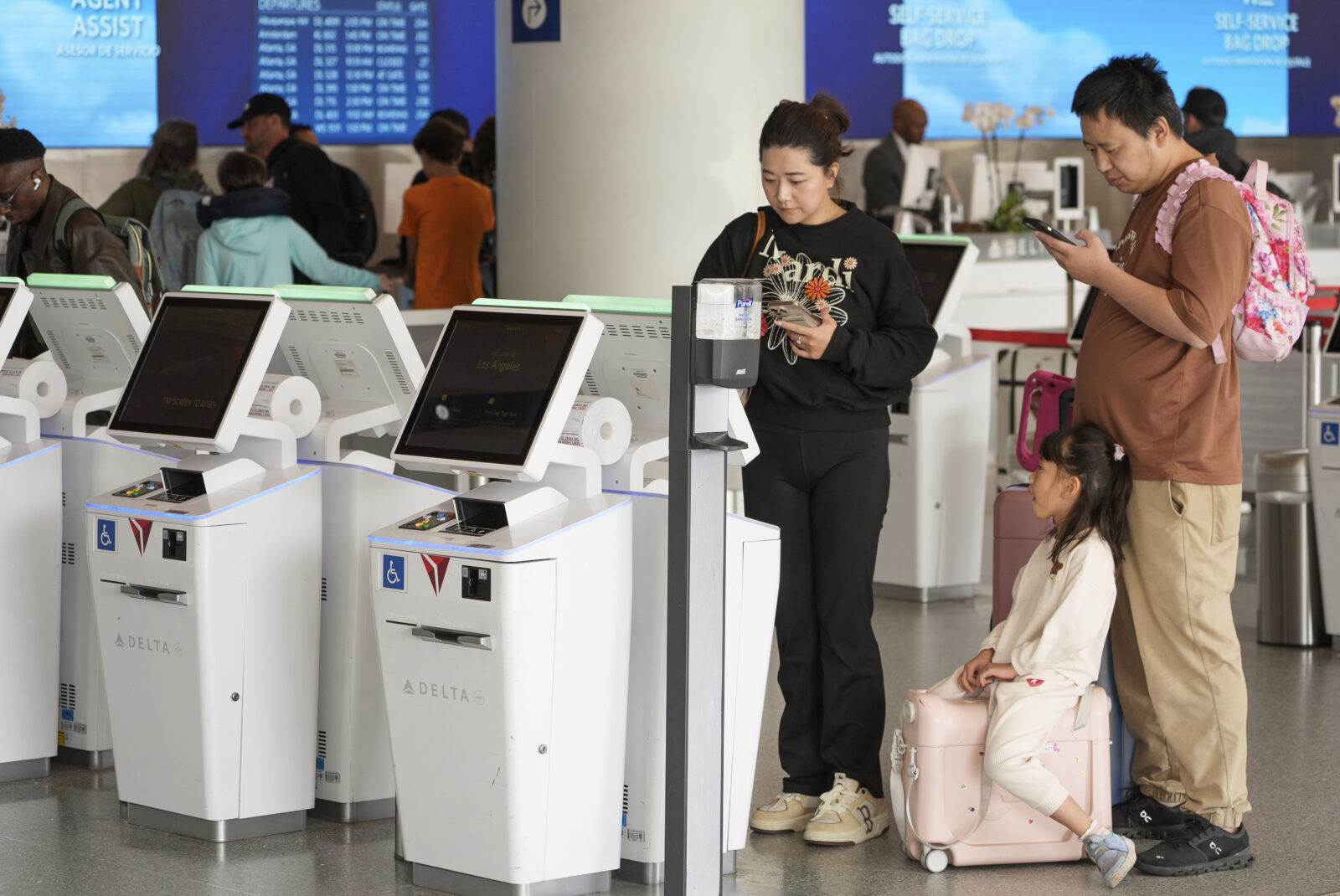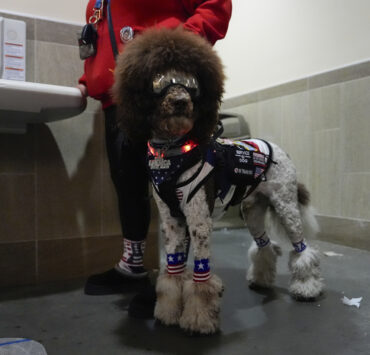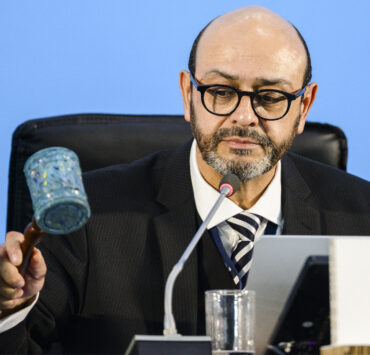US senators grill officials from 5 airlines over fees for seats and checked bags

Members of a U.S. Senate subcommittee took aim at airline executives Wednesday for using an expanding menu of fees to charge customers for early boarding, better seats and other comforts that used to be part of the ticket price.
Sen. Richard Blumenthal, D-Conn., said he thinks the federal government should review and perhaps fine the airlines for their use of what he called junk fees.
Blumenthal, the chairman of the Senate Permanent Subcommittee on Investigations, said seat fees were pure profit for the airlines because they don’t have to create new seats or incur other expenses by allowing customers to pick where to sit.
Some senators expressed frustration during Wednesday’s hearing when airline executives could not explain how they set the amount of various fees. They said the vagaries of airline pricing make it hard for consumers to budget for trips.
“We’re all captives on your airplanes at a certain point. You just say, ‘You want to pick seat? We’re just going to charge you some random amount more,’” Sen. Maggie Hassan, D-N.H., said. “It would be good if you guys could be transparent about what you do and why.”
The fees don’t seem to be discouraging anybody. Americans are flying more than ever.
The Transportation Security Administration reported screening nearly 3.1 million travelers at airports around the country on Sunday, a new single-day record. The 15 busiest days in TSA history have all occurred this year, with traffic at airport checkpoints up 5% over 2023.
Airline executives bristle at the term “junk fees,” and argue they are merely giving consumers what they want: choices.
“Our customers who prioritize affordability have the option to choose a lower-fare product and, in doing so, opt out of paying for additional services that they do not want,” Andrew Nocella, the chief commercial officer of United Airlines, said in testimony prepared for the panel’s hearing. “But we also have customers who seek more services, and they retain the ability to choose the services they value, for an incremental fee, like a seat with extra legroom or checked bags.”
Nocella agreed with critics who say fees should not come as a surprise to passengers but need to be transparent and described clearly during the ticket-buying process.
Sen. Josh Hawley, R-Mo., criticized Frontier Airlines and Spirit Airlines for paying employees $26 million in bonuses for spotting customers whose carry-on bags were too big, forcing the customers to pay another fee. Spirit charges between $15 and $77 for a carry-on bag that won’t fit under a seat.
“If people want to know why it’s such a terrible experience to fly, this is news for them today,” Hawley told the airlines executives Wednesday. “Your airlines are paying millions of dollars to your employees to harass people who have already paid!”
U.S. airlines raised more than $7 billion from fees on checked bags last year, with American Airlines and United Airlines leading the pack. They scooped up another $1 billion in ticket-change and cancellation fees, although that was about one-third of what they raised before the coronavirus pandemic, when the biggest airlines dropped change fees.
Exact figures on other types of fees are hard to determine, but the Senate panel reported last week that United, American, Delta Air Lines, Frontier and Spirit collected a combined total of more than $12 billion in seat fees between 2018 and 2023. That included charges for things such as more legroom or an aisle seat near the front of the plane.
The panel was scheduled to hear Wednesday from Nocella, American chief strategy officer Steve Johnson, Delta chief external affairs officer Peter Carter, and the chief commercial officers of Frontier and Spirit.
Airline fees have been a frequent target of criticism by the Biden administration, all the way up to President Joe Biden.
A Transportation Department rule that took effect in October requires airlines to make automatic cash refunds for tickets and fees when flights are canceled. The airline industry is suing to block another regulation requiring more prominent disclosure of baggage and cancellation fees. An appeals court has blocked that rule, and its fate is uncertain under President-elect Donald Trump.
The airline industry and Transportation Secretary Pete Buttigieg are continuing their fight over fees and other regulations, even after the November election.

















